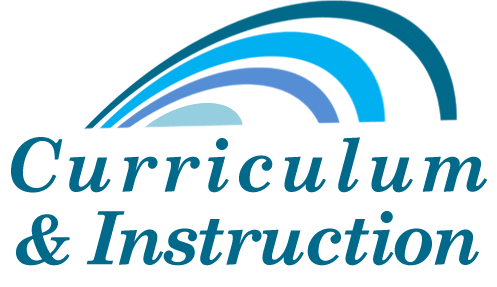Introduction:
A Ph.D. in Curriculum and Instruction delves into the theories, practices, and research methodologies essential for enhancing teaching and learning processes. It prepares educators to become leaders in curriculum development, instructional design, and educational policy.
Admission Process:
- Submission of an online application form.
- Provision of academic transcripts from previous institutions.
- Letters of recommendation from academic or professional sources.
- Statement of purpose outlining research interests and goals.
- Interview with faculty members or admissions committee.
Eligibility:
- A master's degree in education or a related field.
- Demonstrated academic excellence with a minimum GPA requirement.
- Evidence of research experience or potential, such as publications or presentations.
- Proficiency in the English language for non-native speakers.
- Meeting any additional requirements specified by the institution.
Completion Time:
The completion time for a Ph.D. in Curriculum and Instruction typically ranges from three to five years, depending on factors such as research progress, dissertation development, and program structure.
Career Opportunities:
- Faculty positions in colleges and universities, teaching and conducting research.
- Leadership roles in curriculum development at educational institutions or government agencies.
- Instructional design and educational consulting positions in corporate or non-profit organizations.
- Policy analysis and advocacy roles in educational organizations or think tanks.
- Professional development and training positions for educators.
Syllabus:
- Advanced seminars in curriculum theory and instructional design.
- Research methods courses focusing on qualitative and quantitative methodologies.
- Specialized coursework in areas such as educational technology, assessment, and multicultural education.
- Electives exploring topics such as curriculum leadership, literacy development, and differentiated instruction.
- Dissertation research and writing under the guidance of a faculty advisor.
Internship Opportunities:
- Collaborative research projects with faculty members or research centers.
- Fieldwork experiences in educational settings, including schools or community organizations.
- Internships with educational publishers, software companies, or government agencies.
- Opportunities for teaching assistantships, providing experience in course instruction and curriculum development.
- Networking opportunities with professionals in the field through conferences and workshops.
Scholarships and Grants:
- Institutional scholarships and fellowships based on academic merit and financial need.
- External funding opportunities from government agencies, foundations, and educational associations.
- Research grants to support dissertation projects, conference presentations, or publication expenses.
- Teaching assistantships or research assistantships providing stipends and tuition remission.
- Diversity and inclusion initiatives offering support for underrepresented minority students.
FAQs:
Can I pursue this Ph.D. without a master's degree in education?
While a background in education is preferred, applicants from related fields such as psychology or sociology may be considered, provided they demonstrate a strong interest in curriculum and instruction.
What research areas can I explore within this program?
Research areas may include curriculum development, instructional design, assessment, educational technology, and teacher professional development.
Are there opportunities to collaborate with schools or educational organizations?
Yes, many programs offer partnerships with local schools or community organizations for research, fieldwork, or internship experiences.
What support services are available for Ph.D. students?
Support services often include academic advising, research workshops, writing centers, and opportunities for professional development and networking.
What are the benefits of pursuing a Ph.D. in Curriculum and Instruction for my career?
A Ph.D. in this field opens doors to various career paths in academia, research, curriculum development, and educational leadership, offering opportunities for personal and professional growth.







